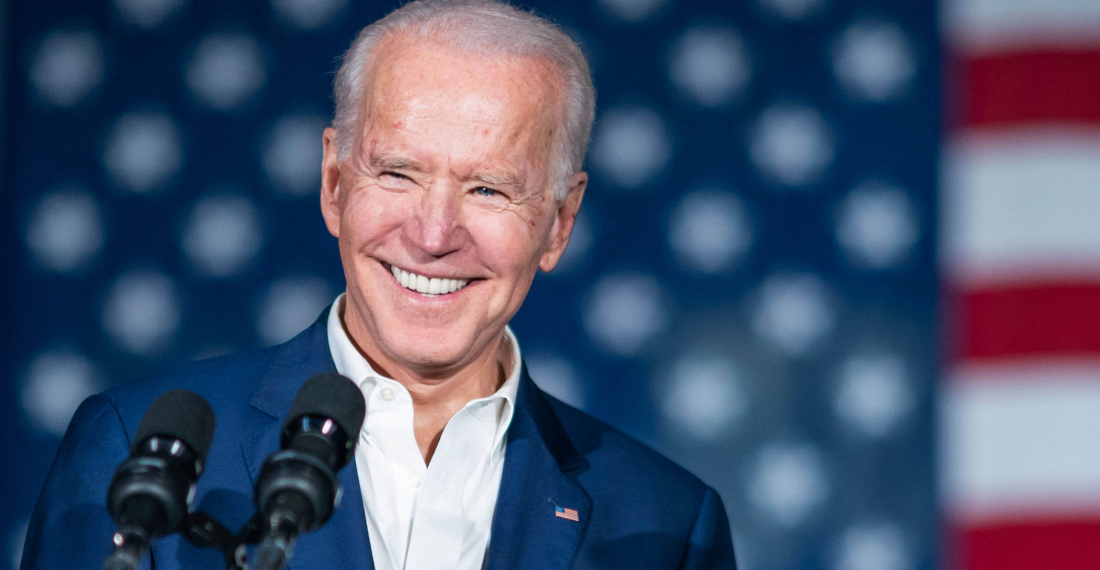The new US President Joe Biden wants a five-year extension of the New Strategic Arms Reduction Treaty (START), the last remaining nuclear arms reduction treaty between the powers that control nuclear weapons. White House Press Secretary Jen Psaki says an extension is in the United States' interests, "especially now when relations with Russia are hostile".
In the treaty, the US and Russia agreed to maintain the number of operational nuclear warheads at no more than 1,500 each. The treaty expires on 5 February 2021, after negotiations under former US President Donald Trump with Russian President Vladimir Putin stagnated.
According to Psaki, Biden feels strongly about extending the treaty. She described the treaty as "an anchor of strategic stability between our two countries". In a press release on the treaty's future, the Ministry of Foreign Affairs of the Russian Federation said the Trump administration's negotiation policy was "counterproductive" and "openly aggressive". It aimed to "remove all restrictions on the building and use of military force".






